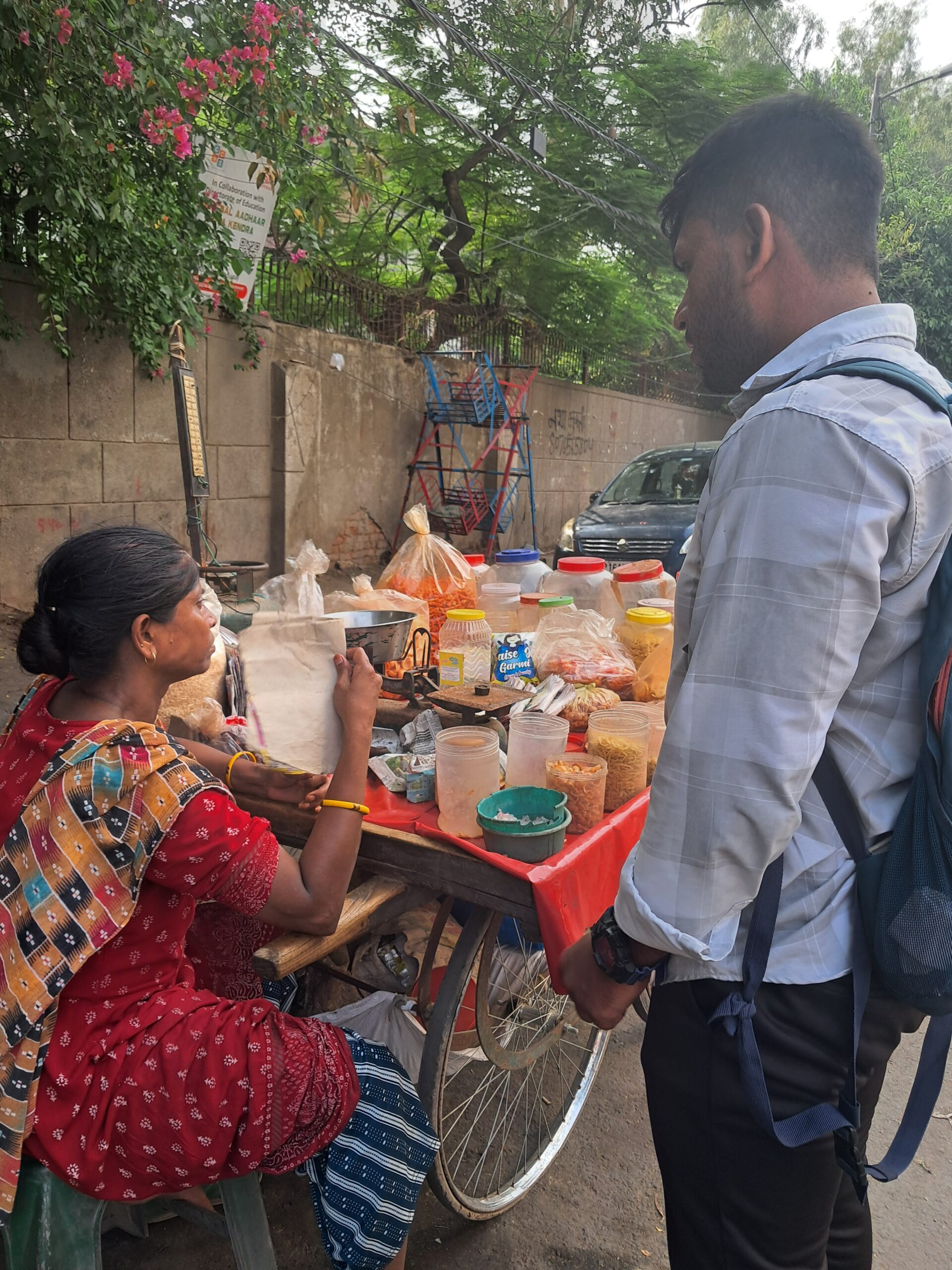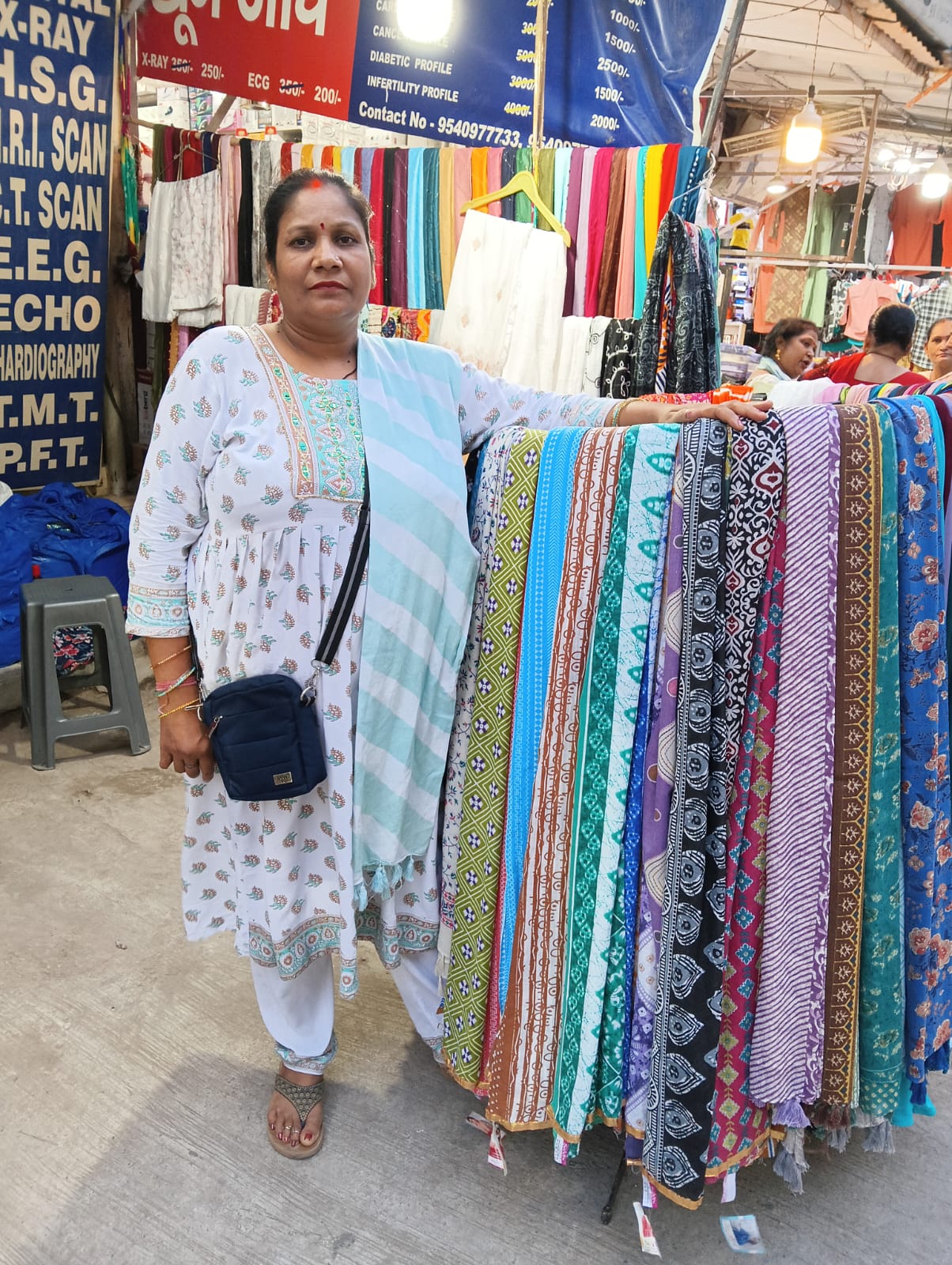
The survey results highlight significant insights into the financial behaviors and needs of the respondents, primarily street vendors. A notable majority of participants are middle-aged, predominantly married, and lack formal education, which suggests a need for targeted financial literacy programs. Most respondents save money daily but prefer to keep it at home rather than in banks, indicating a lack of trust or knowledge about formal financial institutions. Furthermore, many have experienced losses in savings, which points to a vulnerability that could be mitigated through better financial management education. A substantial percentage reported not using financial services offered by government or NGOs, emphasizing a potential gap in outreach and engagement. The overwhelming preference for face-to-face training and a significant majority expressing confidence in managing their finances—despite acknowledging a lack of knowledge—suggests that practical, accessible training sessions could greatly enhance their financial literacy. Overall, these findings underline the importance of tailored financial education initiatives that address the specific challenges and preferences of this demographic, ultimately empowering them to make informed financial decisions and improve their economic stability. The survey highlights a pressing need for tailored financial literacy programs that address the specific challenges faced by street vendors, particularly those related to savings, debt management, and the use of financial services. By focusing on community-based, face-to-face training sessions that respect the respondents’ educational backgrounds and learning preferences, these initiatives can empower individuals to improve their financial decision-making, increase their economic resilience, and foster greater trust in formal financial systems.









